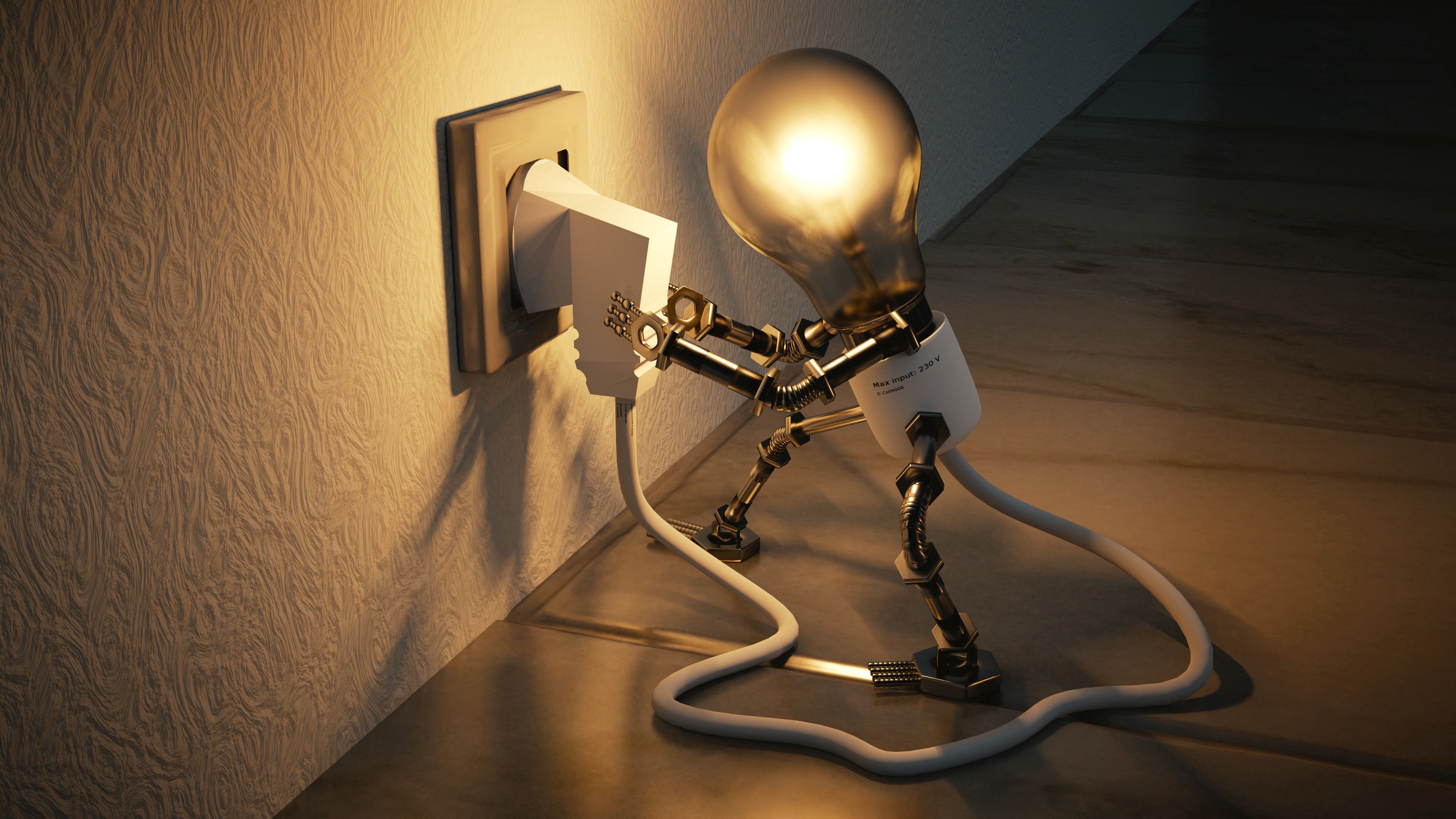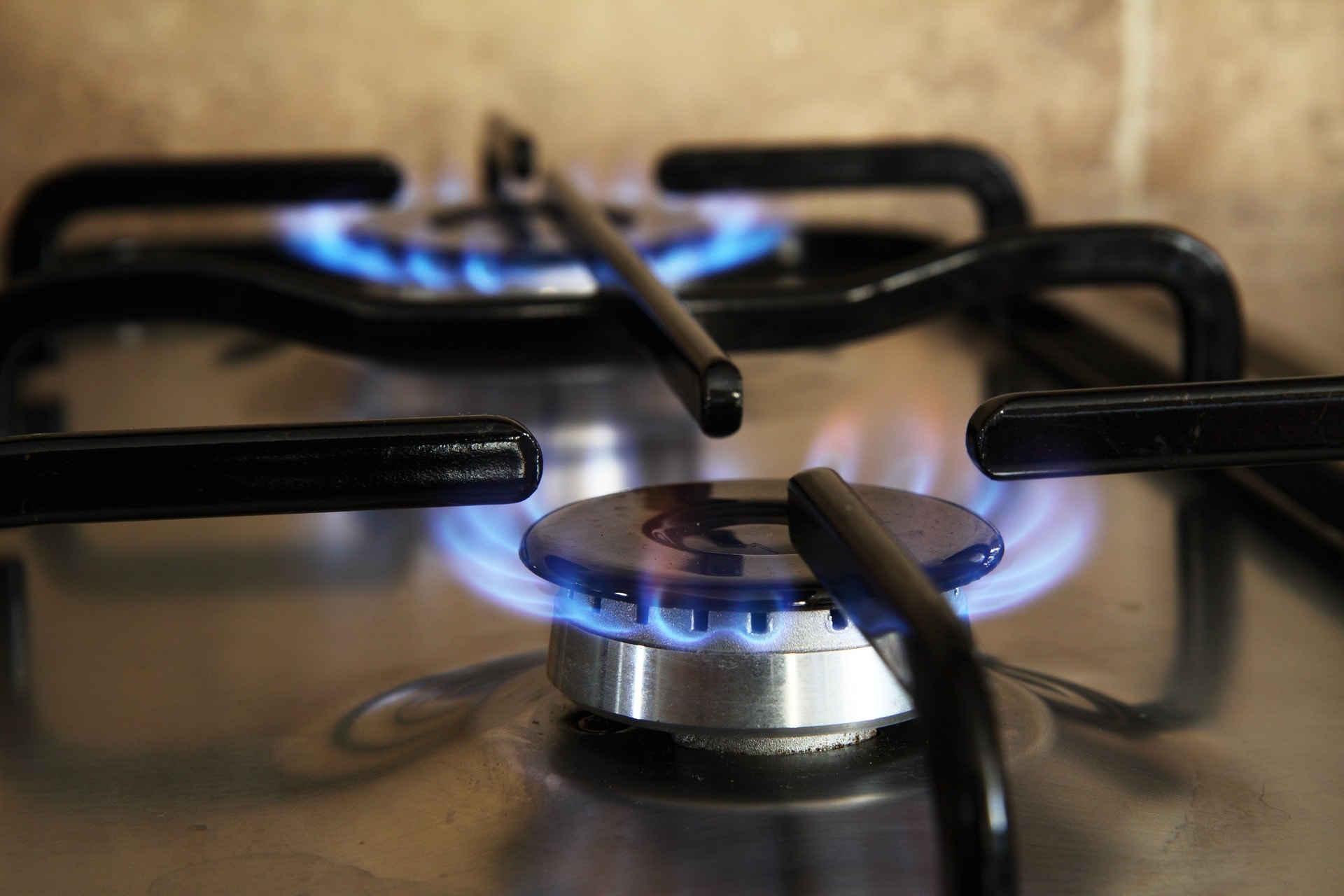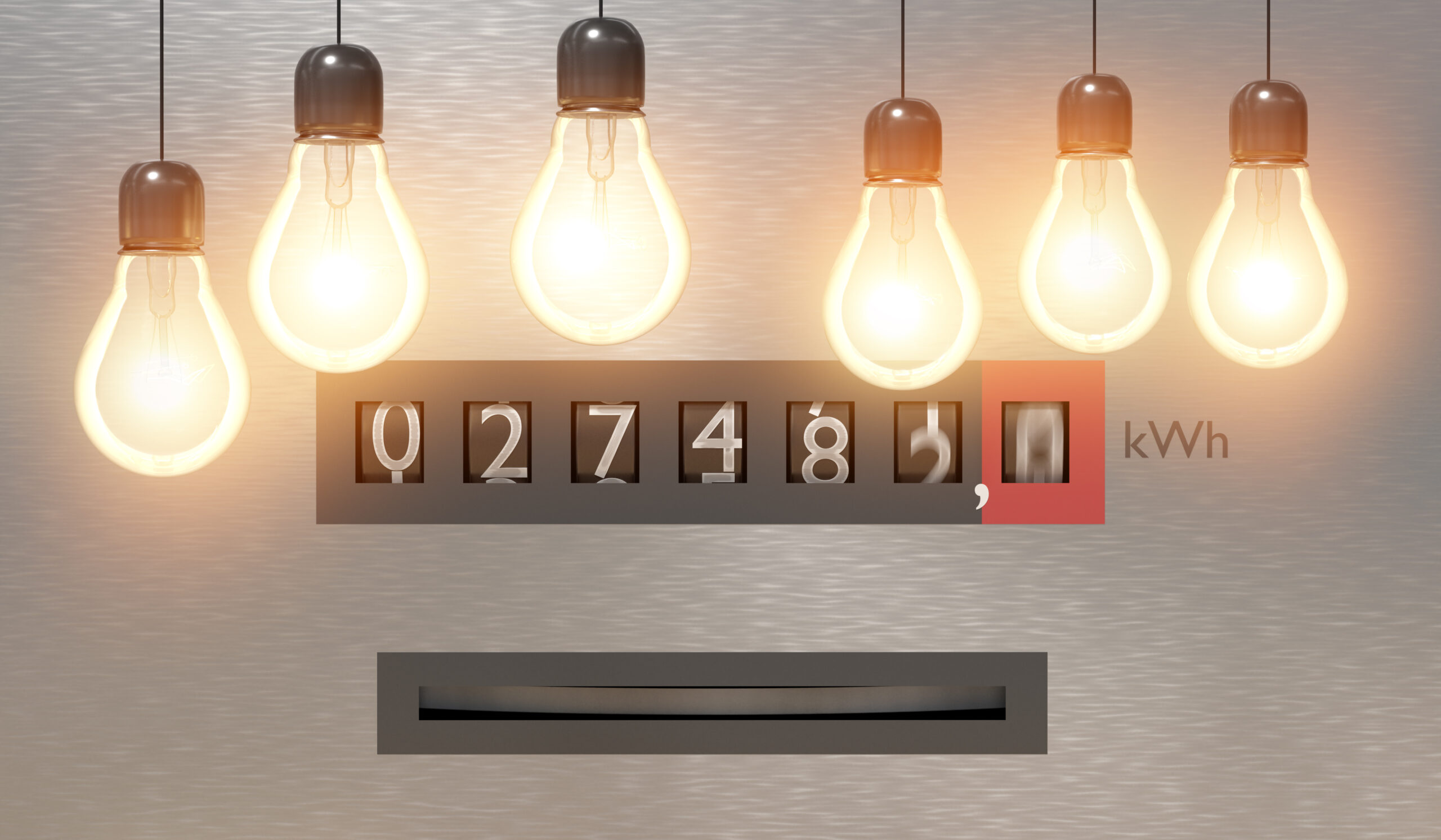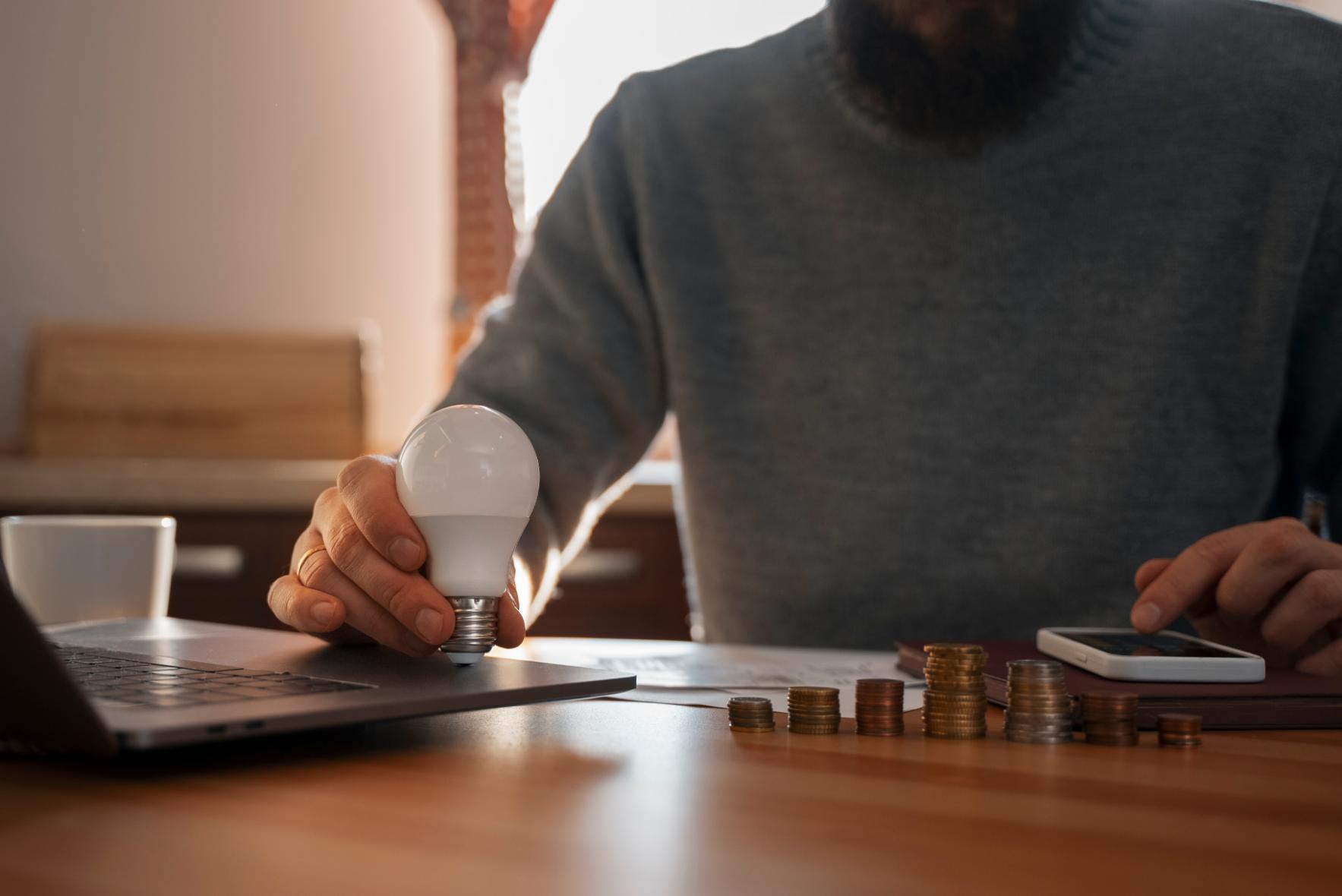In Australia, electricity and gas are the most common power sources for households and businesses. Electricity can be used to power every household appliance, and it’s common for homes to use electricity as the sole source of power. Gas has more limited uses and is used alongside electricity to power particular appliances, such as hot water, ovens and some heaters.
But which is best for you? There are pros and cons for both electricity and gas, and choosing the right energy source to suit your home can make your living more comfortable and make you a big saving at the same time.
Read the benefits and costs of electricity and gas below to help decide if you should switch your home’s power.
Benefits of electricity

Electricity can be used for EVERYTHING! If you only want one source of power for your home, then it needs to be electricity. Australia’s grid is one of the largest in the world and supplies electricity to homes and businesses through a complex and reliable network of wires. We also produce electricity domestically in Australia and we’re on the path to making electricity a cleaner energy option than in years gone by. Although electricity is more expensive than gas, there are more options to make it work for you. Adding solar panels to your home can drastically reduce your bill, as well as your carbon footprint, and the large volume of electricity retailers on the market means that you can take advantage of special offers and deals to make your electricity more affordable.
Costs of Electricity
Electricity is a more expensive energy source than gas. You will be charged multiple fees for your electricity, which you can see broken down on the bill from your retailer:
- Daily Supply Charge
This is the base cost for your distributor to supply energy to your home by maintaining the wires and poles that make up the grid. In Australia, your distributor is determined by where you live, and unlike your electricity retailer, you cannot choose your distributor, so this cost is predetermined and unavoidable. You can find out who your electricity distributor is through the AER by clicking here.
- Consumption Charge
The consumption charge is the cost based on the amount of energy you use each day, calculated by a rate per kilowatt-hour (kWh). The rate can vary depending on your plan and any discounts or special offers you are eligible for.
- Demand Charge
The demand charge is the cost of energy used at different times of the day or different seasons, based on on-peak and off-peak tariffs. This will not be relevant to you if you are on a flat-rate tariff. And will vary between retailers.
- Distributor Charge
This is the cost of any additional services or actions required from your provider, such as same-day connections.
Benefits of gas

Gas is a cheaper energy source for Australian homes. Natural gas can be up to 40% cheaper than electricity (Australian Gas Networks), although the cost of natural gas does vary depending on where you live. In particular, Western Australians have much higher gas rates, so gas might not be a cost-effective alternative to electricity there. The cost of gas is calculated by a combination of a daily supply charge and a rate per megajoule (MJ). The savings from switching to gas can be significant. According to the Better with gas calculator, a family of four can save $587 a year by switching their cooking and hot water from electricity to natural gas.
Gas is also the energy source of choice for keen chefs. Whether indoors or on the barbecue, it’s a widely accepted opinion from professionals and amateurs alike that gas is superior to electricity when it comes to cooking. Gas cooktops give you instant heat, so no more waiting for the stove to heat up, and the temperature control is incomparable to an eclectic cooktop.
Natural gas is also a much cleaner energy source than electricity. Although it is a non-renewable energy source, its emissions are much lower, making it more environmentally friendly. In Australia, gas provides around 44% of household energy, but only accounts for 13% of greenhouse gas emissions (Australian Gas Networks).
Costs of gas
Gas appliances, including ovens, cooktops, heaters and hot water systems, are usually more expensive to buy than their electrical counterparts. So, while you will save money long term with cheaper gas rates, you have to consider if you want to spend more money upfront. You also need to think about how much you use your gas appliances to make sure the savings on gas will offset this upfront investment, otherwise you might end up out of pocket.
Another potential drawback is that you will still need electricity in your house, so you will be paying two daily supply charges, one for your gas and one for your electricity, even on days when you use a very small amount of either. Gas is only used in Australian homes for cooking, heating, hot water and clothes dryers, so having electricity installed as well is unavoidable for lighting, cooling, TV and internet. Some energy retailers offer specials rates and discounts if you have your gas and electricity with them, which can help balance out this cost (read more about the benefits of dual-fuel here).
Should you use gas or electricity to power your home?
Now that you know the pros and cons, the big question is, which is right for you? Everyone’s energy consumption is unique, so the answer depends on your particular needs. Our team of experts will be happy to talk more about your energy needs and find the perfect plan – give us a call.
If you have decided you’re interested in gas, one of the first things to consider is whether or not natural gas is available in your area. It is commonly available from the grid in Victoria, New South Wales, South Australia and Western Australia, and in some parts of other states. You need to contact your gas distributor to find out if gas can be connected to your home. If natural gas isn’t available, you can use LPG, or bottled gas, which is delivered in tanks that need to be refilled or replaced regularly.
You will also need to organize a gas connection if you don’t have a pre-existing gas connection at your house and find a reputable gas fitter in your area to install any new gas appliances.
Don’t worry if it sounds like a lot – CheapBills are here to get you connected to the best energy option for your home!








